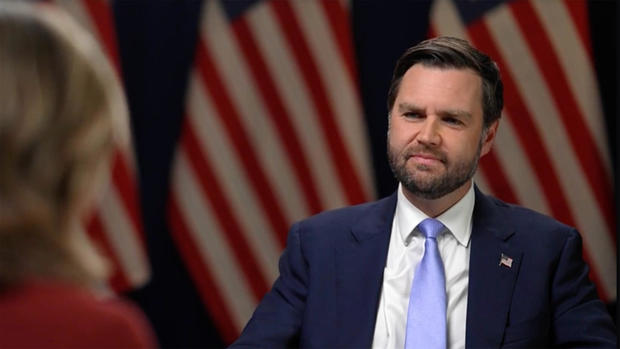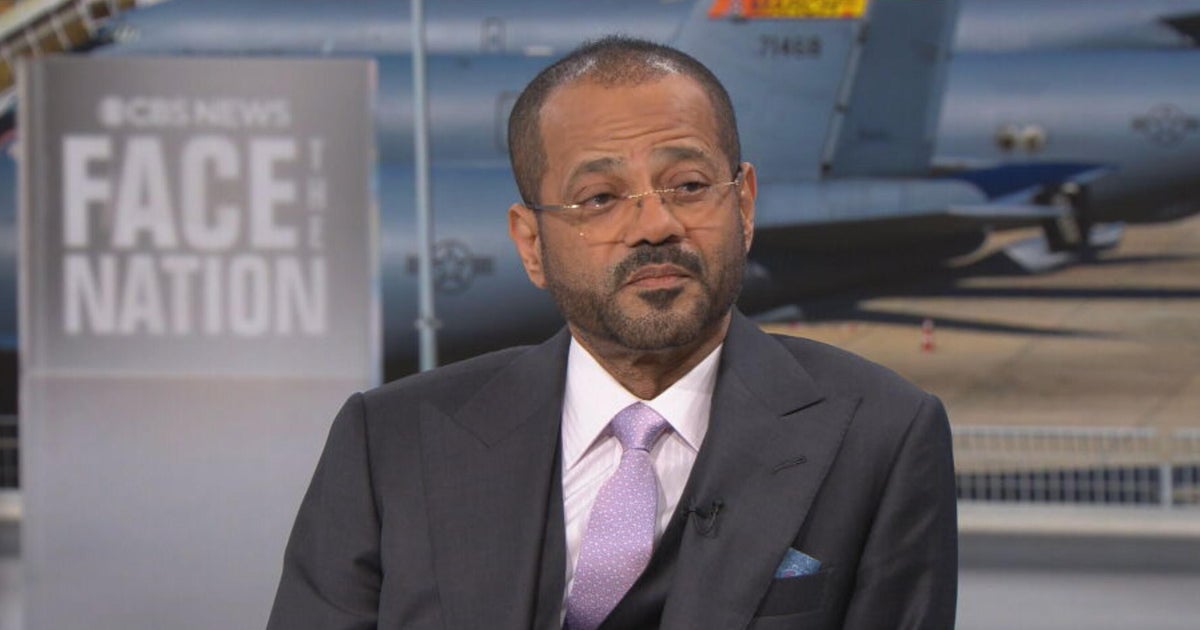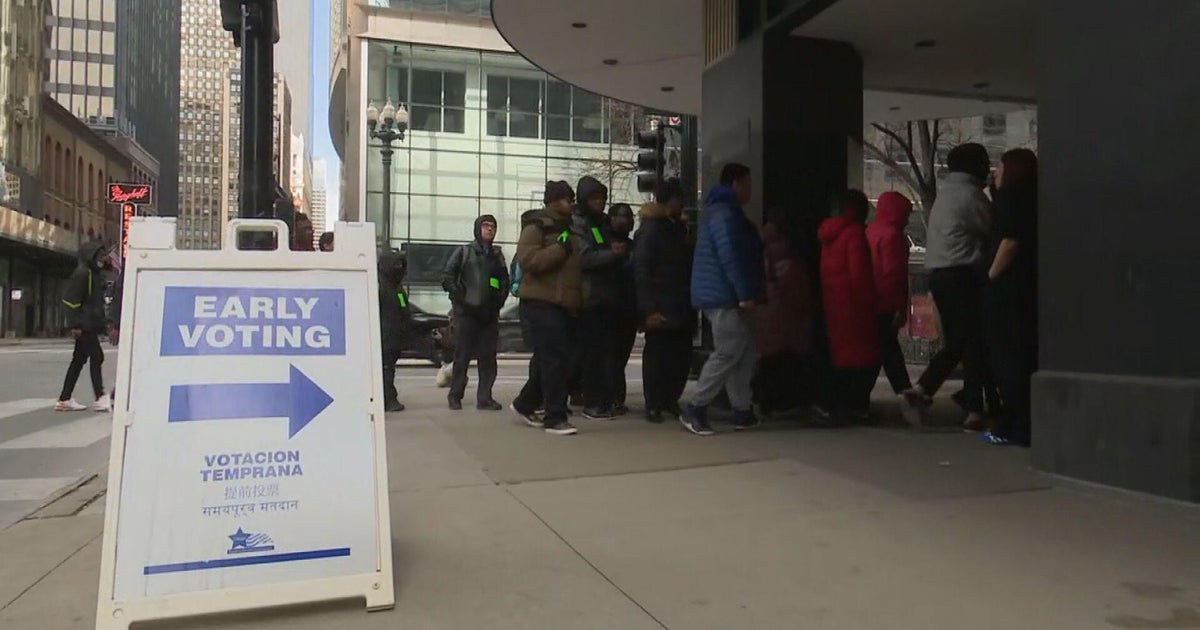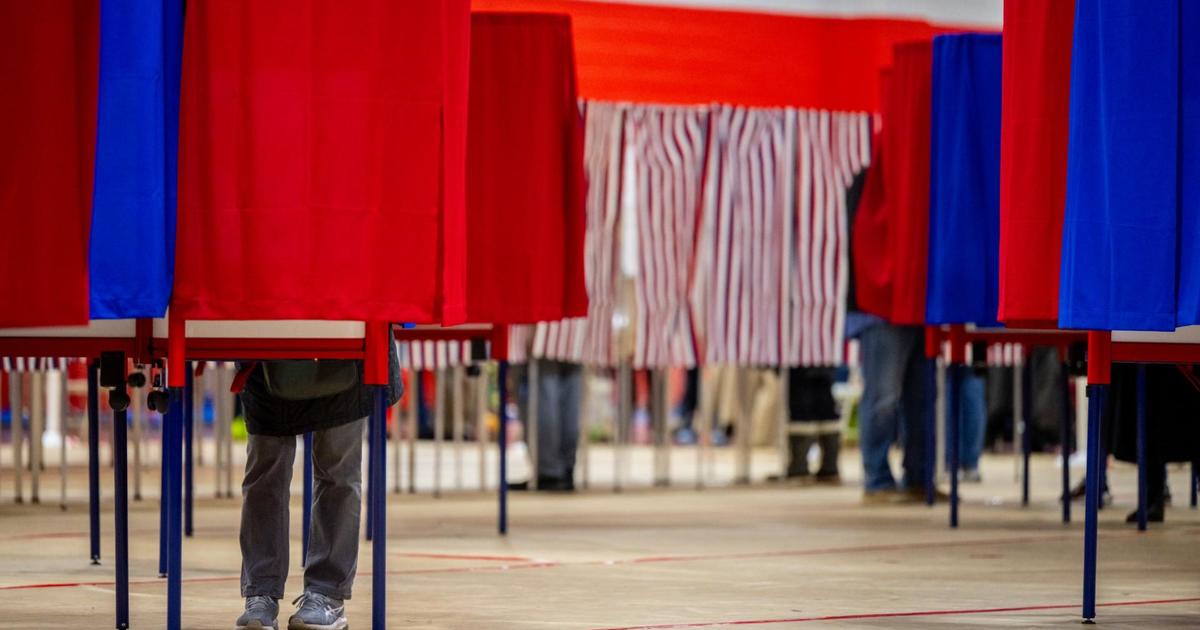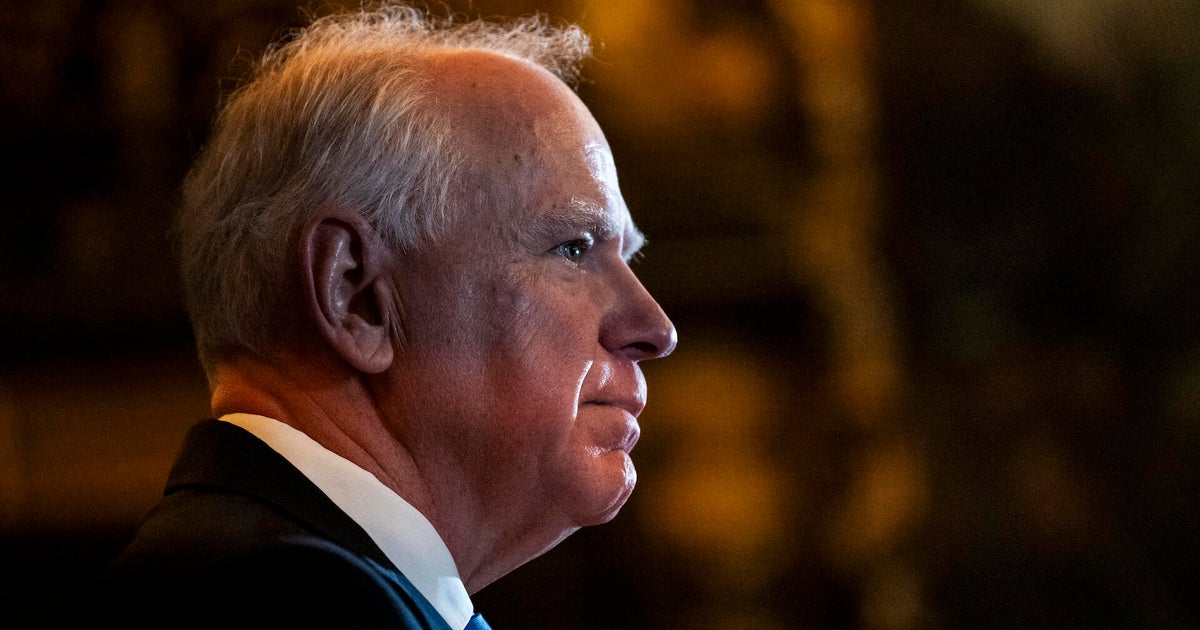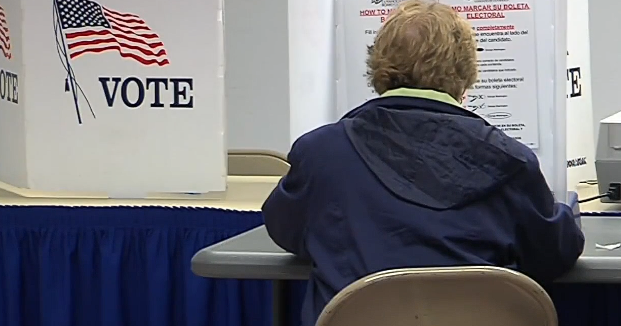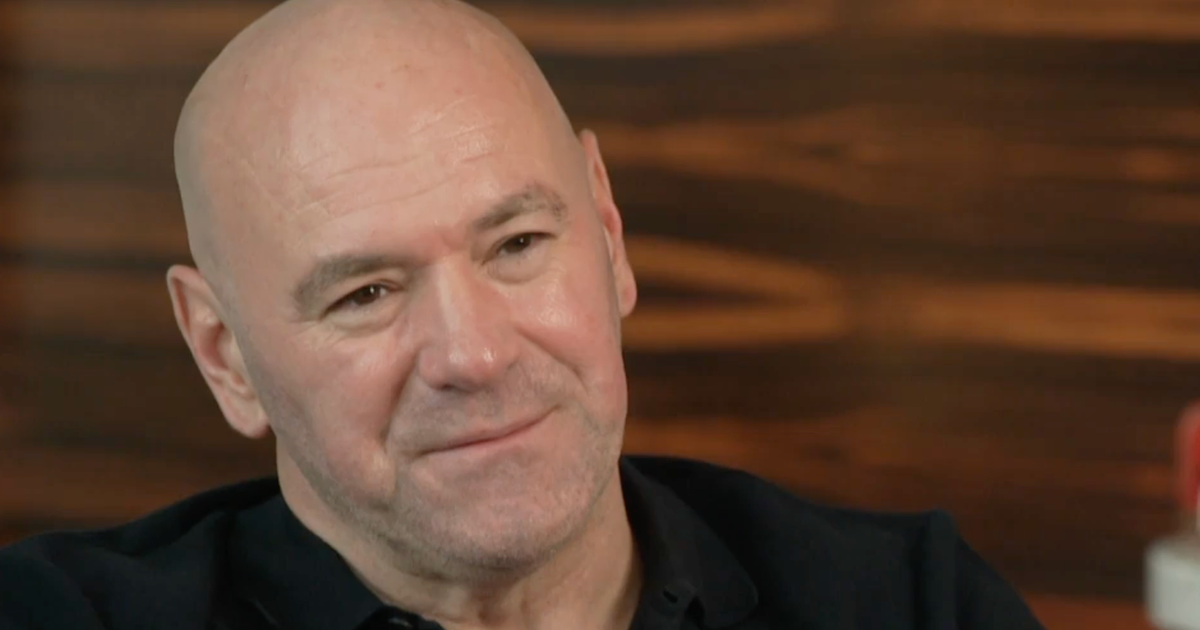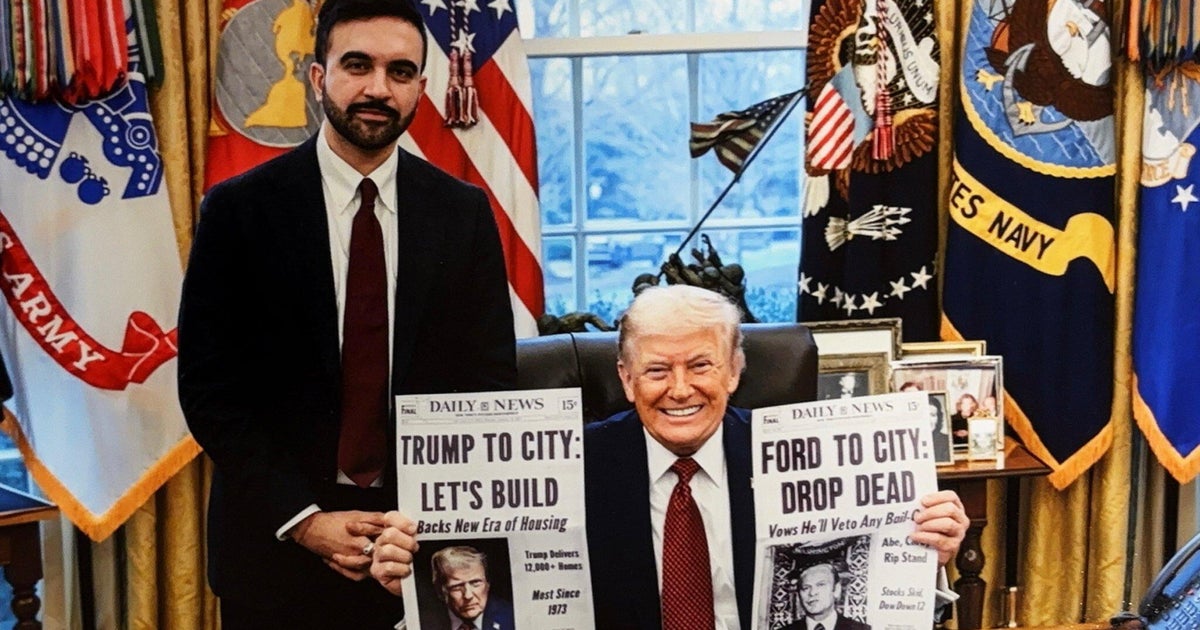JD Vance says his wife Usha advised him to "trust in the wisdom" of women on their vote amid growing gender gap in electorate
Sen. JD Vance, the Republican candidate for vice president, said Sunday that his wife told him to "trust in the wisdom" of women on how they will vote in the presidential election as the Republican ticket is facing a significant gender gap among the electorate with just over a week until Election Day.
"What she's telling me is we gotta make the case to women as well as we can, and ultimately, trust in the wisdom of those women to make a determination about what's in the best interest of their family," Vance said on "Face the Nation with Margaret Brennan."
The comments come as a CBS News poll released Sunday points to a persistent gender gap that's defined the presidential race. Among the findings, 40% of registered women voters say that the Trump campaign is paying too much attention to men's concerns, and 56% saying the campaign is paying too little attention to women's concerns.
Meanwhile, former Rep. Liz Cheney, a Republican who in September called Vance and former President Donald Trump "misogynistic pigs," has argued that Vance has a "real women problem," referring to comments he's made in the past. Since Vance joined the ticket, previous comments he made about how the country is being run by "childless cat ladies," among others, have been shared widely and garnered criticism. Even Taylor Swift referenced the comment in her endorsement of Vice President Kamala Harris.
Vance refuted the sentiment when asked whether the GOP ticket has a problem with women on "Face the Nation" Sunday, though he added that "we have to make our best case to women and to men as well as we can."
"And of course, women and men are going to decide where the chips ultimately fall," he said.
The Ohio Republican noted that his wife, Usha, is his "top adviser," and outlined his pitch to women voters. Vance urged that Trump "is the person who's going to lower the cost of groceries," address border security and "lower the cost of goods and to make our neighborhoods and communities safer."
"I think that we can make a good case to women, but I'm not going to tell them who they have to vote for. I'm going to try to persuade them," Vance said. "The voters are ultimately going to decide."
